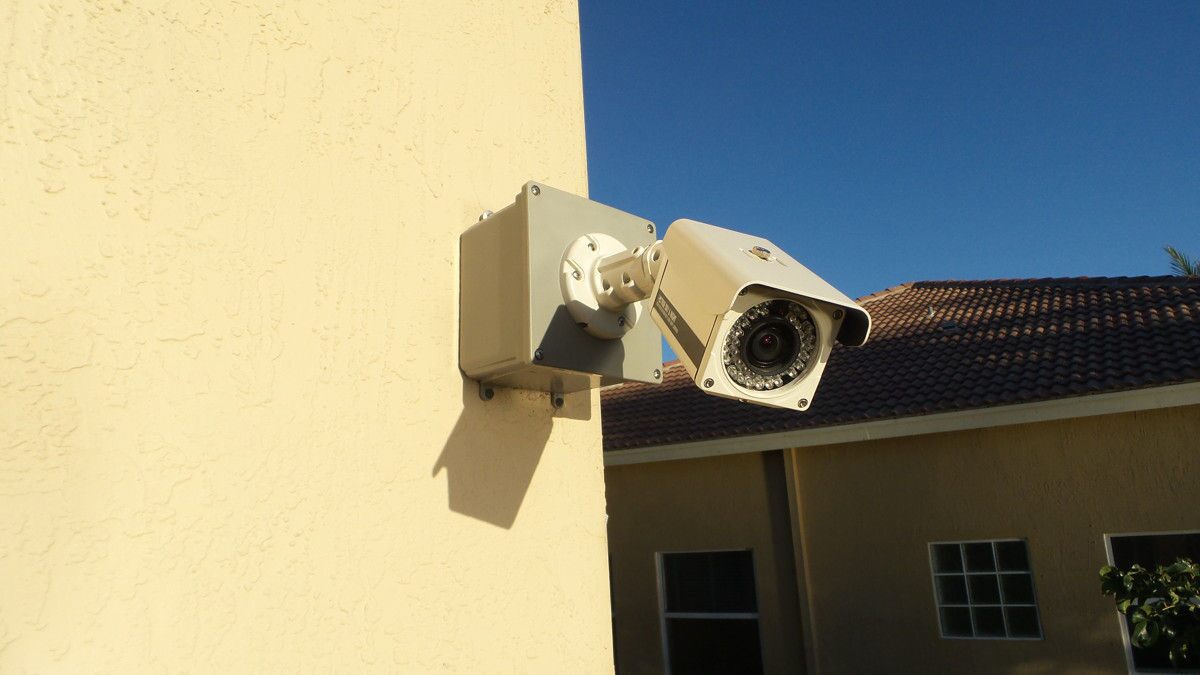The Ultimate Guide to VPNs: Everything You Need to Know
VPN usage has grown significantly recently and for a good reason. You can hide your online activity from hackers, advertisements, law enforcement, and even your internet service provider with a VPN. A virtual private network (VPN) uses encryption to protect online privacy. You can pirate to your heart’s content without worrying about repercussions if you get around streaming services’ geographic restrictions, avoid governmental restrictions, or both.
In this article, you will discover what a VPN is, how it functions, and the various VPN types and protocols. We’ll share with you what we’ve discovered. Let’s get started without further ado!
1 What is a VPN?
A VPN, or virtual private network, enables you to browse the internet anonymously and away from your ISP, the authorities, and potential hackers. A VPN also allows users to act like they are in a different country, allowing them to access content otherwise blocked.
A VPN adds an essential level of privacy to your online activity by encrypting your data, which prevents others from seeing your passwords, private searches, and other sensitive information.
2 How does a VPN Function Specifically?
Users can typically use a VPN to direct their internet traffic through a server in another nation. Nobody can see what a user is doing online when they use a VPN because all of their internet traffic is encrypted and routed through the VPN server.
The VPN server then acts as a middleman between the user’s device and the internet, making it appear that the user is accessing the internet from the server’s location. This allows users to circumvent internet censorship and access content unavailable in their nation.
3 What Advantages can a VPN Connection Provide?
The following are some of the most well-known advantages of using a VPN connection;
Obfuscating your Location
Your VPN servers are essentially your internet proxies. You can’t pinpoint your precise location since the demographic location data is coming from a different country.
Most VPN providers don’t keep track of your activity. This implies that any history of your user behavior has been completely wiped out.
Data Transmission Safety
Working remotely may require accessing important documents on your company’s network. This type of information necessitates using a VPN connection for security reasons. VPN services use encryption technology and connections to private servers to reduce data leakage.
Cryptography Ensures Security
Unlocking the data requires a decryption key. Without one, breaking the code using brute force would require a computer to spend millions of years on it. With a VPN, you can conceal your online activity even on public networks.
Regionally Relevant Content
Not every location has constant access to regional site content. Content on services and websites is frequently only available in certain regions worldwide. This implies you cannot access domestic or foreign content from your home country. You can change your location by connecting to a server in another country via VPN location spoofing.
4 Different Types of VPN
Here are a few types of VPNs in use:
- SSL VPN
Virtual private networks that use the SSL protocol to encrypt communications between users and VPN servers are known as SSL VPNs or Secure Sockets Layer Virtual Private Networks. SSL VPNs are considered more secure than traditional IPsec VPNs because they use the same encryption algorithms as HTTPS, the secure variant of HTTP for online transactions.
- Cloud VPN
A cloud VPN, or virtual private network, enables users to connect safely to infrastructure or services hosted in the cloud. Cloud VPNs are frequently employed by businesses to securely link on-premises resources to cloud-based resources, such as cloud storage or software as a service (SaaS) applications.
- Open VPN
OpenVPN is an open-source program that uses SSL and is very flexible and secure. It uses the popular SSL/TLS encryption protocols and offers additional features like two-factor authentication and a kill switch, making it one of the most secure VPN protocols.
- Remote Access VPN
A user can connect to a private network and use all its features from a distance if they have a remote access VPN connection. Customers using a remote access VPN for business and residential purposes can benefit.
5 Why do Individuals use VPN Services?
VPNs have a variety of applications, including:
- Home-Based Work
Many businesses use VPNs to provide their employees with secure remote network access. Employees can use company applications and resources while working remotely from their homes or other locations.
- Privacy
VPNs protect users’ privacy and anonymity by encrypting their internet traffic, making it difficult for outsiders to observe what they do online. This is crucial for people concerned about online privacy who want to prevent marketers, hackers, or government organizations from tracking their data.
- Access-Restricted Content
Users can access content unavailable in their home country and bypass internet censorship through VPNs. This is crucial for people who reside in countries where websites and services are frequently blocked, and internet access is constrained.
- Online Gaming
Connecting to a VPN server close to the game server can help you reduce latency and improve gaming performance. This can greatly improve the user’s gaming experience by lowering latency and increasing connection speeds.
- Security
VPNs protect users’ internet traffic by encrypting it, making it harder for hackers to eavesdrop. Users of public Wi-Fi networks should pay special attention to this because they are frequently insecure and open to cyberattacks.
6 Several VPN Myths Busted
There are some misconceptions about VPNs. Here are a few examples:
- VPNs are Exclusively Employed for Unlawful Purposes
VPNs are used for illegal activities and by businesses and individuals.
- Only Knowledgeable Users should use VPNs
Most VPN services are designed to be user-friendly for users of all technical levels, even though setting up and maintaining a VPN requires some technical expertise.
- VPNs Cause your Internet to lag
A reliable VPN service should have little to no effect on your internet speed, even though a VPN can slow it down.
- VPNs are Prohibited
The majority of countries, with a few exceptions, permit VPN use. Before using a VPN, research the legal requirements in your country.
7 Selecting the Best VPN for You
Selecting the best VPN for your unique needs is not always simple. Fortunately, you have various tools to aid in making an informed choice.
- Before selecting the best option, consider customer testimonials from reputable sources.
- When weighing your options, take reliability and customer service into account.
- Look into any extra services they may provide based on your internet usage, such as split-tunneling, multi-hop connections, or ad filters.
You can get the most value from your investment by following these simple steps while securely preserving your data and privacy.
Conclusion
While utilizing public Wi-Fi networks, a VPN can add an extra layer of security. Since your entire online activity is encrypted and your IP address is hidden when using a VPN, it is much more difficult for someone to intercept your data. Understand that not all VPNs are the same, and do your research before selecting one. Select a VPN that offers a sizable number of servers in various locations to give you more options for avoiding geographic restrictions.













